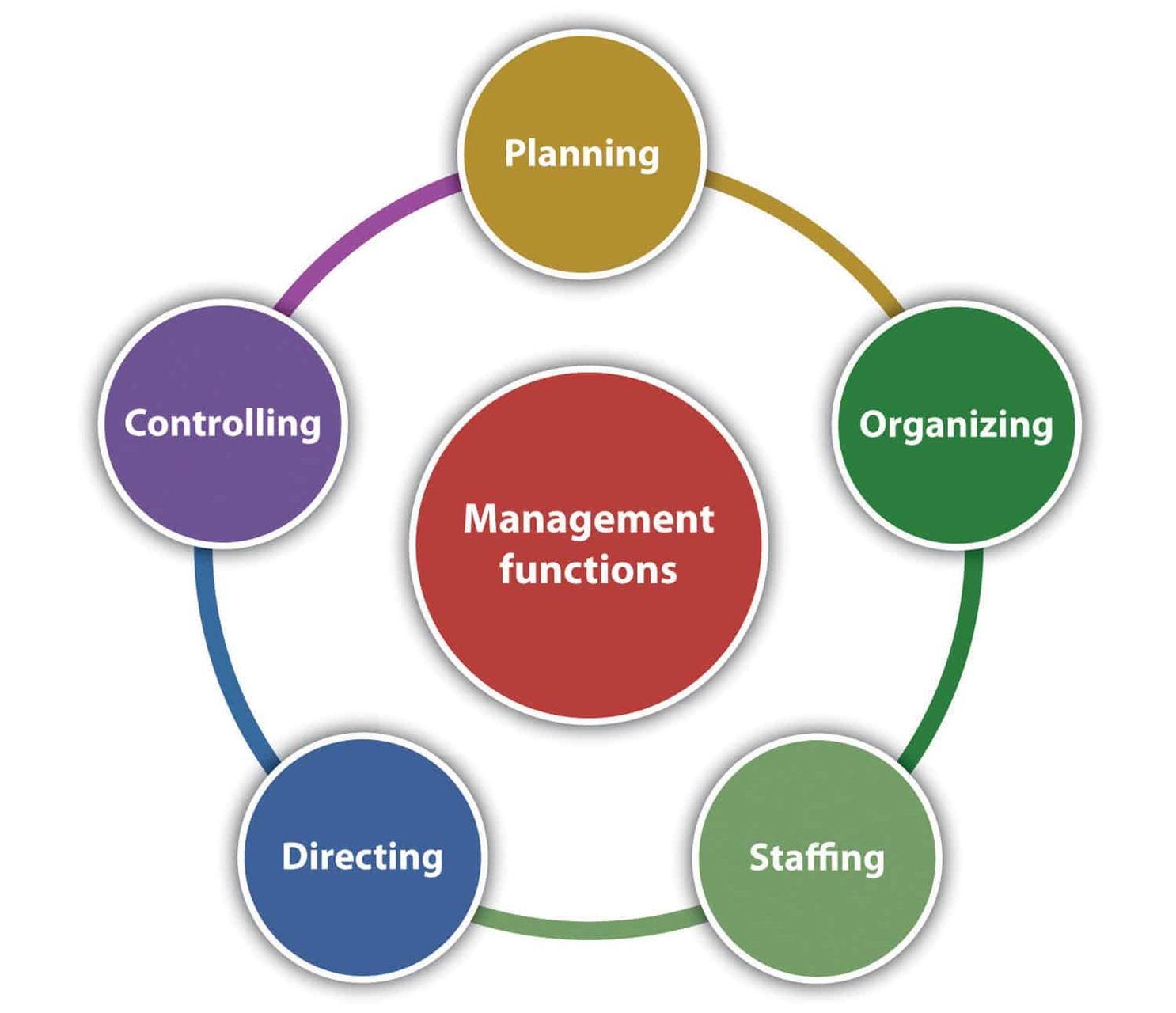by Frances Alston, PhD, CPEM
Engineering managers are faced with new challenges today due to the COVID-19 outbreak. They face both strategic and tactical level challenges in preserving the viability of the enterprise. In light of these challenges and the response opportunities provided by pandemic, many manufacturers are actively engaged in strategic teaming to pivot their operations in producing the equipment and supplies such as personal protective equipment (PPE), laboratory testing supplies, and ventilators to support lifesaving activities. In many instances’ development of these types of equipment were not a part of the company strategic plan thus the leadership team is required to change their business strategies, processes, equipment, retrain workers and more. In such times, employees need to have belief in their leadership team to invoke the trust needed to accept that the changes that are being made are necessary. Employees should be engaged in these changes as stakeholders in order to increase acceptance and teaming; thus, intrinsically the role of engineering managers becomes paramount and important.
Engineering managers are skilled in strategic planning activities that include planning, organizing, allocating resources, directing and controlling activities. Here is a snapshot of how these skills can be and are employed by engineering management in helping provide real solutions to the equipment and PPE shortage faced by the world resulting from the COVID-19.

-
Planning (strategic, tactic, and operational) – changing operations to add new processes and practices takes the use of a comprehensive planning approach to ensure success.
-
Organizing – rearranging work and the organizations so that new processes can be efficiently accomplished while keeping in place their core product processes and procedures.
-
Allocating resources – resources include capital, equipment, and people which can be challenging in itself due to implementation of new processes and systems while ensuring the health & safety of workers.
-
Directing – in an effort to direct work it is necessary to motivate, supervise, and influence employees to accept the new processes and way of conducting business.
-
Controlling activities – measuring performance to ensure that the new product line meets specified quality and technical specifications.
The role of an engineering manager is admittedly becoming more variable as the nation attempt to grapple with and irradiate the COVID-19 virus. Engineering managers have the skills and training to adapt to and manage change, lead conceptual and product designs, configuration of production lines, new product introduction, and the capability to verify that products meet quality control standards. Active engagement by engineering managers in assisting efforts focused on providing leadership and resolving technical issues that are presented by the COVID-19 can facilitate health and safety for workers, their families, and communities.
About the Author
 Dr. Frances Alston holds a B.S. degree in Industrial Hygiene and Safety, a M.S. degree in Hazardous and Waste Materials Management/Environmental Engineering, and a Ph.D. in Industrial and Systems Engineering. She is a Fellow of the American Society for Engineering Management, a Certified Hazardous Materials Manager and a Certified Professional Engineering Manager.
Dr. Frances Alston holds a B.S. degree in Industrial Hygiene and Safety, a M.S. degree in Hazardous and Waste Materials Management/Environmental Engineering, and a Ph.D. in Industrial and Systems Engineering. She is a Fellow of the American Society for Engineering Management, a Certified Hazardous Materials Manager and a Certified Professional Engineering Manager.
Dr. Alston has been effective in facilitating integration of Environment, Safety, Health, and Quality (ESH&Q) projects and programs as a core business function while leading a staff of business, scientific, engineering, and technical professionals. programs in diverse cultural environments. She has extensive experience in assessing programs and cultures and the development of improvement strategies achieving positive outcomes.
